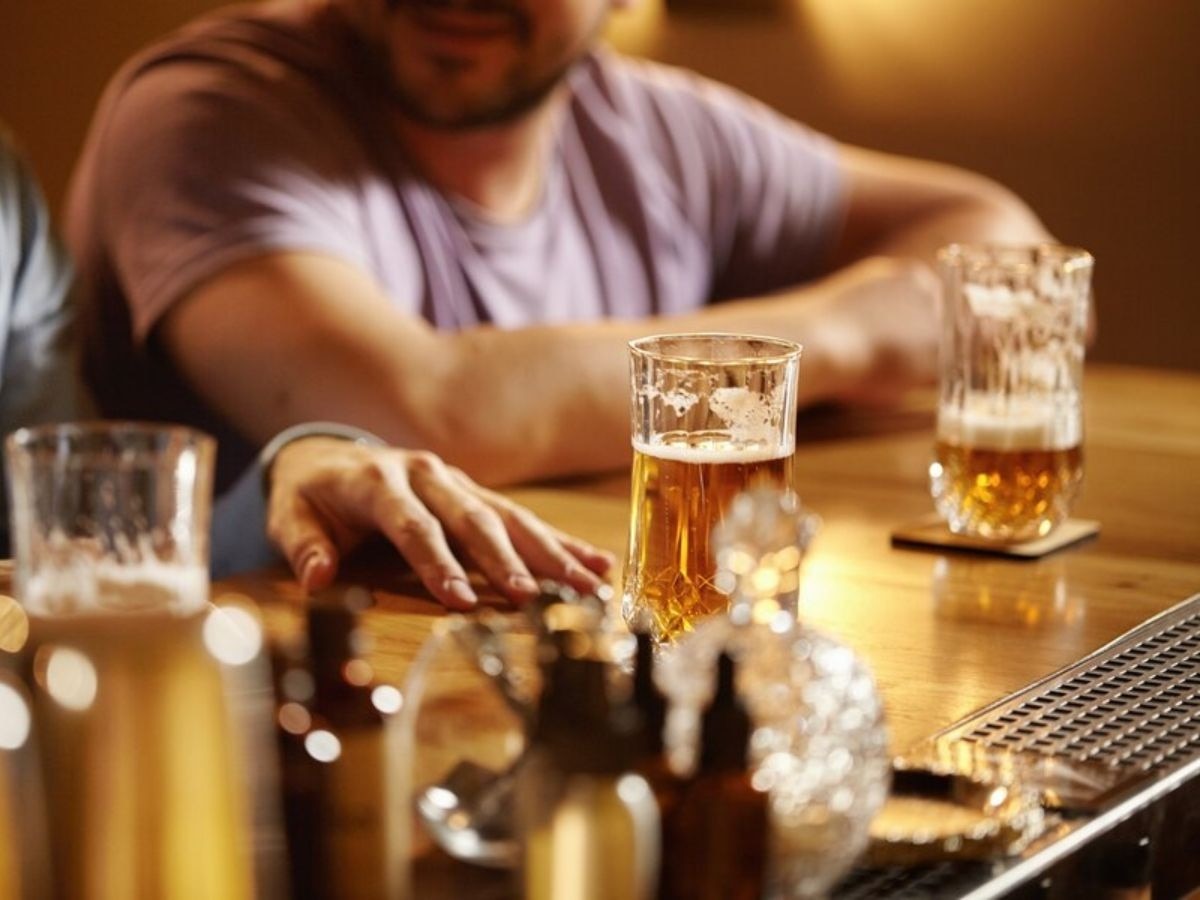 The Curious Case of Auto-Brewery Syndrome: Acquittal in a DUI Charge in Brussels
The Curious Case of Auto-Brewery Syndrome: Acquittal in a DUI Charge in Brussels
In a bizarre twist of legal and medical drama right out of Brussels, a man charged with DUI has successfully proven in court that his body is, quite literally, a natural brewery. This rare condition, known medically as Auto-Brewery Syndrome (ABS), enabled him to argue that he wasn’t drinking, but rather, his body was producing alcohol on its own.
Understanding Auto-Brewery Syndrome
So, what exactly is Auto-Brewery Syndrome? Well, it turns out that in some extraordinarily rare instances, certain individuals can develop a condition where their intestines ferment carbohydrates into alcohol, effectively turning their digestive system into an internal brewery. This can lead to alcohol entering the bloodstream and mimicking the effects of having consumed alcoholic beverages, such as dizziness, fatigue, blurred vision, vomiting, and impaired coordination.
Who Is at Risk?
Auto-Brewery Syndrome is typically found in people who consume high amounts of carbohydrates and sugars. It’s fascinating, yet a stark reminder of how delicate our body’s balance truly is. Additionally, certain medications can trigger or exacerbate this syndrome, which means that managing your diet and medical prescriptions is key if you’re diagnosed with ABS.
Symptoms of Auto-Brewery Syndrome
If someone says they’re feeling drunk without touching a drop of alcohol, they might not be joking. Symptoms of ABS can include:
- A slight alcoholic odor on the breath
- Dizziness
- Fatigue
- Blurry vision
- Nausea and vomiting
- Poor coordination
- Fainting
- Mood swings
These symptoms can severely impact daily life, making even simple tasks daunting and dangerous, particularly driving, as highlighted by the recent court case in Brussels.
Managing Auto-Brewery Syndrome
Currently, there is no cure for Auto-Brewery Syndrome, but there are ways to manage the symptoms to lead a relatively normal life. These include:
- Dietary changes to reduce the intake of carbohydrates and sugars, which are the primary fermentable substances.
- Incorporating probiotics into the diet to increase the number of good bacteria in the intestines, which can help regulate fermentation.
- Certain medications can also inhibit alcohol production; however, these should only be taken under strict medical supervision.
The legal and medical communities continue to grapple with the implications of ABS, especially in legal contexts like DUI charges. The case in Brussels not only highlights the challenges of diagnosing and managing such a rare condition but also underscores the importance of awareness and understanding of such medical anomalies in the judicial system.
The story of the acquitted man in Brussels opens up numerous questions about how many others might be unknowingly suffering from this condition and facing unjust accusations. It’s a modern-day medical mystery that blends the lines of health and law, making us rethink what we know about the human body and its many mysteries.
While Auto-Brewery Syndrome is rare, cases like these illuminate the complexities of our bodies and the legal system’s capacity to adapt to such extraordinary human conditions. As science advances, perhaps we’ll see more clarity in how such conditions are treated both medically and legally. Until then, the story of the man in Brussels stands as a testament to the marvels and mysteries of the human body.